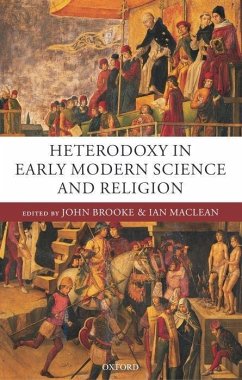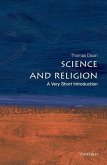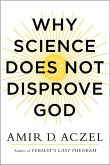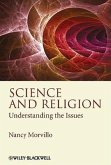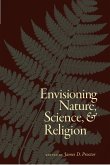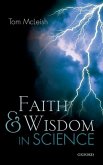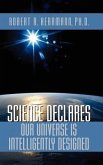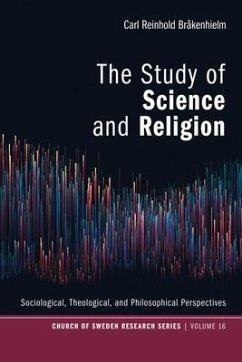The separation of science and religion in modern secular culture can easily obscure the fact that in sixteenth- and seventeenth-century Europe ideas about nature were intimately related to ideas about God. Readers of this book will find fresh and exciting accounts of a phenomenon common to both science and religion: deviation from orthodox belief. How is heterodoxy to be measured? How might the scientific heterodoxy of particular thinkers impinge on their religious views? Would heterodoxy in religion create a predisposition towards heterodoxy in science? Might there be a homology between heterodox views in both domains? Such major protagonists as Galileo and Newton are re-examined together with less familiar figures in order to bring out the extraordinary richness of scientific and religious thought in the pre-modern world.
Hinweis: Dieser Artikel kann nur an eine deutsche Lieferadresse ausgeliefert werden.
Hinweis: Dieser Artikel kann nur an eine deutsche Lieferadresse ausgeliefert werden.

